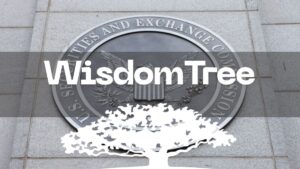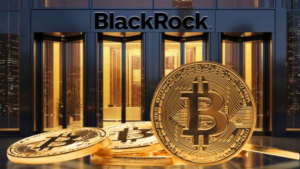As a result of the US Securities and Exchange Commission’s crackdown on Kraken, one of the people behind Lido Finance, the most prominent DeFi application for staking, has warned of a new set of ramifications for similar service providers.
Innovation Stifled by Irrational Regulations
Nansen, a blockchain analytics provider, estimates that the total value of the Ether staked on the Lido Finance platform is $7.2 billion. The SEC had charged the Kraken exchange with illegally selling securities in connection with its staking service, but on Thursday, the two parties negotiated a deal.
DeFi applications enable users to buy, sell, lend, and borrow directly from one another via automated protocols, frequently in complete anonymity. Since no one person is directly benefited from these applications, many in the DeFi community contend that their independent nature forces them to operate outside of regulatory standards.
Jacob Blish, head of business development at DAO, manages Lido Finance, said that “we have a different dilemma” if US authorities conclude that no US person may use any staking services.
Staking is one of the most attractive ways of earning money in the crypto industry. To diversify their income streams, centralized businesses like Coinbase Global Inc., Kraken, Binance, and others have begun offering staking products to their customers. In December 2020, a DAO introduced Lido Finance. Andreessen Horowitz and Coinbase Ventures are among their backers.

Both centralized and decentralized platforms provide staking services, allowing users to stake currency without requiring specialized computer equipment or a minimum of 32 Ether. Staked and Kraken have released research estimating the value of staked assets to be $42 billion by the end of 2023.
Blish claims that Lido’s “plumbing” mechanism is superior to centralized platforms like Kraken regarding staking. It was clear that users would have complete control of their assets once the ability to withdraw staked Ether tokens is implemented on the blockchain, which is not the case now.
Lido’s decentralized autonomous organization (DAO) oversees the network’s administration. Voting is used to determine the values of critical Lido protocol settings by the DAO membership. Lido’s project’s underlying code is open-source and may be seen by anybody on the distributed ledger. After all, the future of services like this needs to be clarified because of regulatory limits.
Once again, we see that regulations and old limits affect an innovative industry. DeFi space has shown much potential to grow and help users find access to earning systems. But institutions like SEC still need to be ready for these changes.
Even some commissioners in SEC don’t agree with these forced regulations, but the challenge between companies and regulators, especially in the United States, continues. Technology will find its way, and regulators will follow and change.










